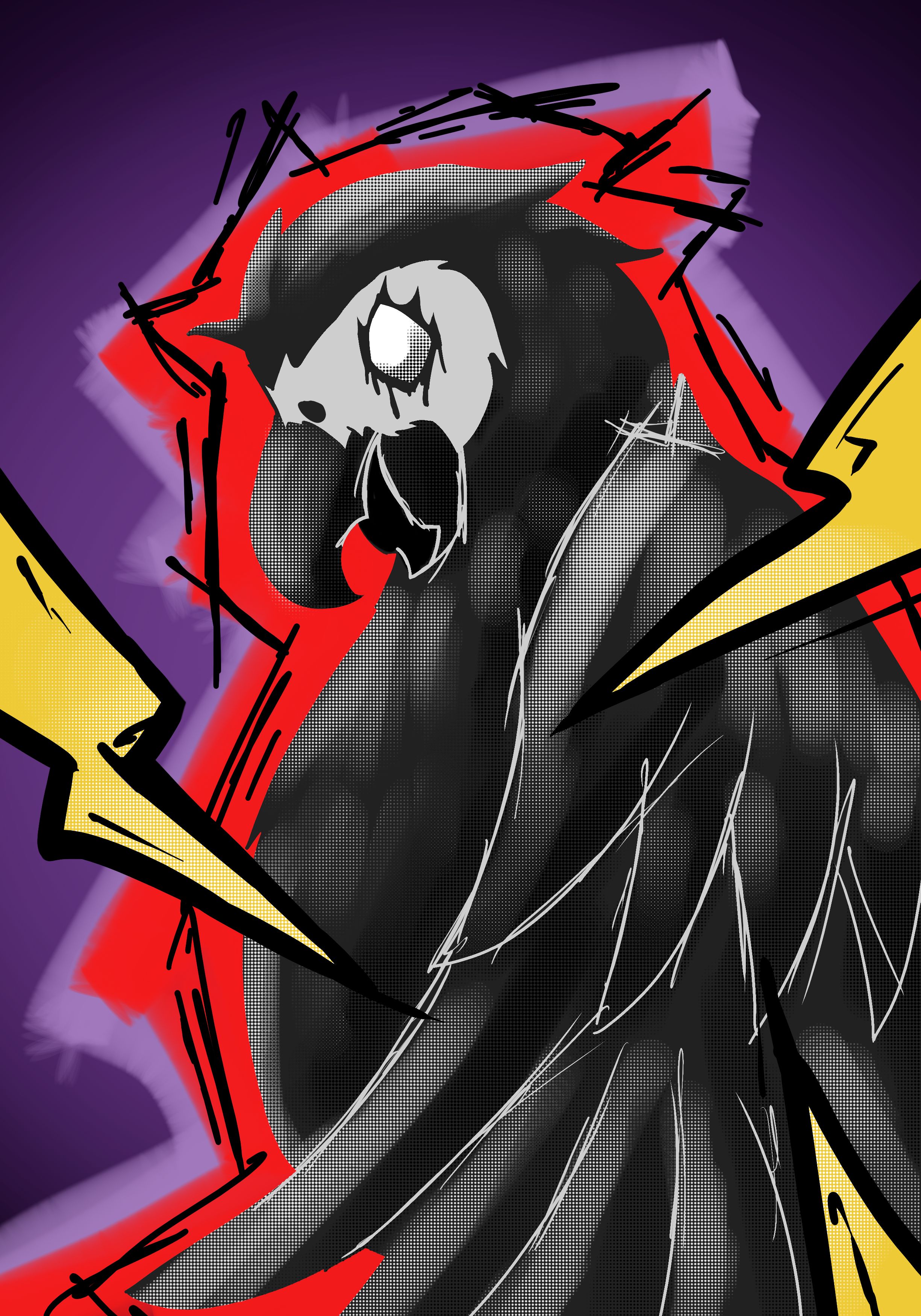In German it’s Mäusespeck = Mouse Bacon
In English we call it “Marshmallow”.
What a mysterious and beautiful language.
I mean, “marshmallow” has a more interesting derivation than most of the other words I’ve seen so far.
Althaea officinalis, the marsh mallow or marshmallow, is a species of flowering plant indigenous to Europe, Western Asia and North Africa, which is used in herbalism and as an ornamental plant. A confection made from the root since ancient Egyptian times evolved into today’s marshmallow treat.
I find this really interesting especially considered I never gave much thought to how they were produced. I guess I assumed they were just sugar and some other common ingredients.
I don’t think modern marshmellows contain any marsh mellow. They are usually just water, sugar and gelatine. They are easy to make at home, fun project if you have kids
TIL.
In Icelandic it’s sykurpúði = sugar cushion 😄
This one I can really get behind
I love this so much!
In Danish it’s skumfidus which means foam thingie.
In Finnish it’s ‘vaahtokarkki’ which translates to foamcandy.
“Vahukomm” in Estonian with the same literal translation.
What do you call cotton candy?
Hattara. Just a made-up word.
All words are made-up words.
Hattara is even more mader-upper!
I dunno man, that word has some fun archaic meanings based on something being “tatters” or “clouds”. https://en.wiktionary.org/wiki/hattara I particularly like “A female forest troll or race of trolls associated with screaming.” I think it’s called that for the “cloud” meaning.
You’re more right than you realize, and not so archaic really. The texture of clouds, or even clouds themselves, mostly smaller, frizzy kind of clouds are called “pilvenhattara” where pilven is a possesive form of ‘pilvi’ - ‘cloud’ and hattara is kind of an abstract descriptive word, at least today. The translation of ‘rag, tatter’ is a bit more complex and at least a little unrelated. There might be some historic connection, since ‘hattara’ is kind of a descriptive word that describes (at least for quite a long time) a kind of specific type of clouds appearance, more so a small cloud that kind of just falls apart. It’s more like a frayed rag and the ‘hattara’ specifically pertains to the raggedness/frayed part - like the actual physical/visual quality of it being kind of frailed or jagged, like a cloud and so it does relate to clouds.
Hattara as a mythological thing is a different thing itself and again, might have some historic connection - my best guess would be that the kind of creature it means is something that is kind of ‘frayed’ like a vision or a fog ora cloud or something and is only seen for a moment. I’m unfamiliar with that one, though I’ve read a ton about folk beliefs and mythlogy here.
All words are made up, friend ☺️
I watch a lot of hockey, so I hear a lot of Finnish names. I find it fun that you can so easily guess that a name or word is Finnish, and hattara is no exception.
It actually sounds similar to “Hatakka”, the last name of a Finnish player.
Schaumzucker (German), literally “foam sugar”
Also “Mäusespeck”, mouse bacon.
I’ve read that somewhere, too.
Yeah, it reminds me of Schaumzucker (German), literally “foam sugar”.
According to my German FIL, it could also be “Mäusespeck”, mouse bacon.
Couldn’t that also describe cotton candy? Or would that be more like felt sugar?
Cotton candy is Zuckerwatte, lit. sugar wool
We call it 棉花糖 in Chinese, which translates to cotton candy… Which gets confusing if we’re also talking about cotton candy (the fluffy kind).
Same in Taiwan!
Do you have a different name for the fluffy cotton candy?
No it’s the same. Then again I can’t recall seeing any marshmallow on the shelves when I visit home. I don’t think it’s a common snack in Taiwan but I could be wrong!
It’s not common but you can absolutely find some at the candy section in a supermarket.
Where are you from? I associate that word with cotton Candy but cannot for the life of me think of what a marshmallow is
HK. Yeah, if you asked me out of the blue what 棉花糖 is I would’ve said cotton candy first but I also had a vague memory of calling marshmallow that too. I had to confirm it with Wikipedia lol.
Hello fellow Hongkonger
In Norwegian marshmallow is just marshmallow, but if something has marshmallow bits or marshmallow like properties (like say the white stuff in a bag of Haribos) it’s called “skum”, which means foam
Yep så etr denn kommentsrn å vurderte zkrive an sjøl.
Skumfidus 🇩🇰
“Foam trick” i guess, is the literal translation.
Fidus is a weird word.
Fidus also means dims/dingenot which seems like the more correct use of the word in this context. The translation for that would be thingamajig.
I’m German and that is bullshit. Never heard of mäusespeck, everyone just calls them marshmallows and they are labeled as marshmallows in the store
EDIT: I was made aware that the Problem seems be that im not a boomer. 30 years ago, when i wasnt alive, they seemed to be called this. In my WG there are people over 30 though and they also never heard of this (hessen)
It was absolutely called Mäusespeck when I was a kid, but that’s 35+ years ago.
OK that’s the point maybe. I wasn’t alive back then.
Classic Germans discussing about their own language
I’m German too and we totally used Mäusespeck in the 80s/90s. I guess you’re just younger, today people know what marshmallows are (and speak better English in general).
Ghostbusters killed it with the Marshmallow Man.
Der Mäusespeckmann <3
Where do you live? Mäusespeck is even in the Wikipedia article:
Im deutschsprachigen Raum ist die Süßware häufig unter der Produktbezeichnung Mausespeck oder Mäusespeck erhältlich.
I lived in BaWü and Hessen for over 30 years. Never heard of it.
Nett hier.
So you have never been grocery shopping 30 years ago? I’m sure in the 90s it was the common name on the Products. Now it’s gone.
BaWü here, definitely a thing. Not too common though.
BaWü here, definitely not aware of it.
Sincerely, south of Stuttgart.
Hessen, but people made me aware, that it was called this when I wasn’t born and people where bad at English.
Here in Mexico (Spanish) is known as Bombón. A quick Google search says that apparently comes from the repetition of the french word ‘bon’
It is worth to mention that, despite most of the countries in Latin America speak Spanish, things have different names in different countries, even if it’s the same language.
According to Wikipedia, marshmallows are also known as
nube, esponjita, malvavisco, fringuel, jamón o suncho
“bonbon” in French means candy
In Dutch it’s also marshmallows, but also commonly spek (bacon), spekjes (bacon pieces) or spekkies (in this case it’s clear you’re not talking about bacon).
In our local dialect it’s “nunnebiln” ~ nonnenbillen, which I’d translate to nuns buttocks.
We also have nuns farts, but that’s another sweet for another day 😆
Can it please be another day already? I want to be initiated in the world of nun’s farts.
Haha. They are a kind of small profiteroles with whipped cream.
Because, well, a nuns farts would be white of course.
Now you have me curious since this is the second language, why bacon?
In our local dialect it’s “nunnebiln” ~ nonnenbillen, which I’d translate to nuns buttocks.
We also have nuns farts, but that’s another sweet for another day 😆
In Polish we call them pianka, diminutive for foam
Vahukomm in estonian
Foam candy
I Italian they are just “marshmallows”, but interesting enough, in the Ghostbuster film Italian’s dub it was translated with “gnocchi di lichene”.
I’m Italian and I don’t have the minimum idea of what the hell is a lichene.
Esponjitas in spanish (Little sponges)
Some people also call them Nubes (clouds)
I love esponjitas! May I ask which country this is used in??
I live in spain and that’s the most common term for it, at least around the south

















